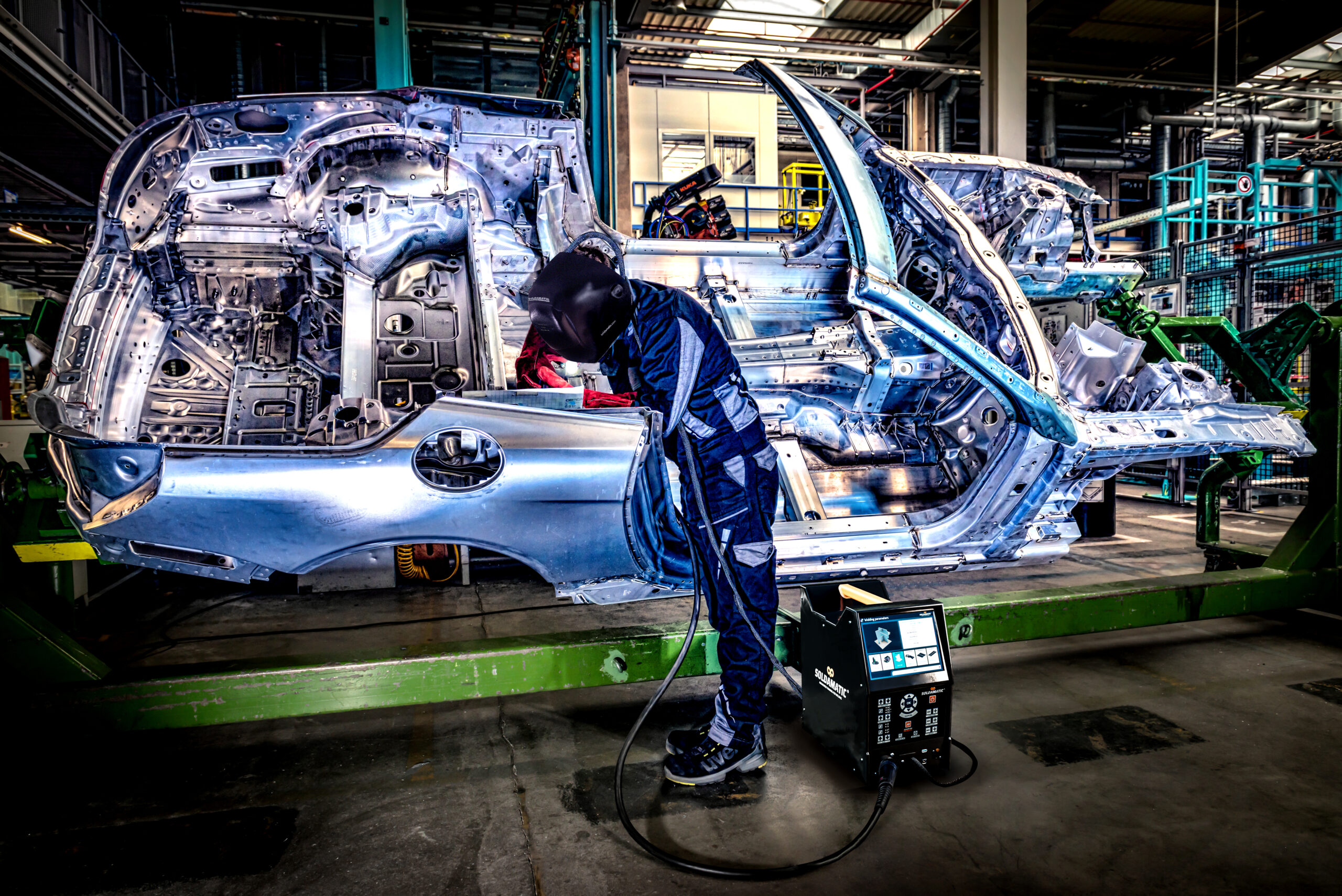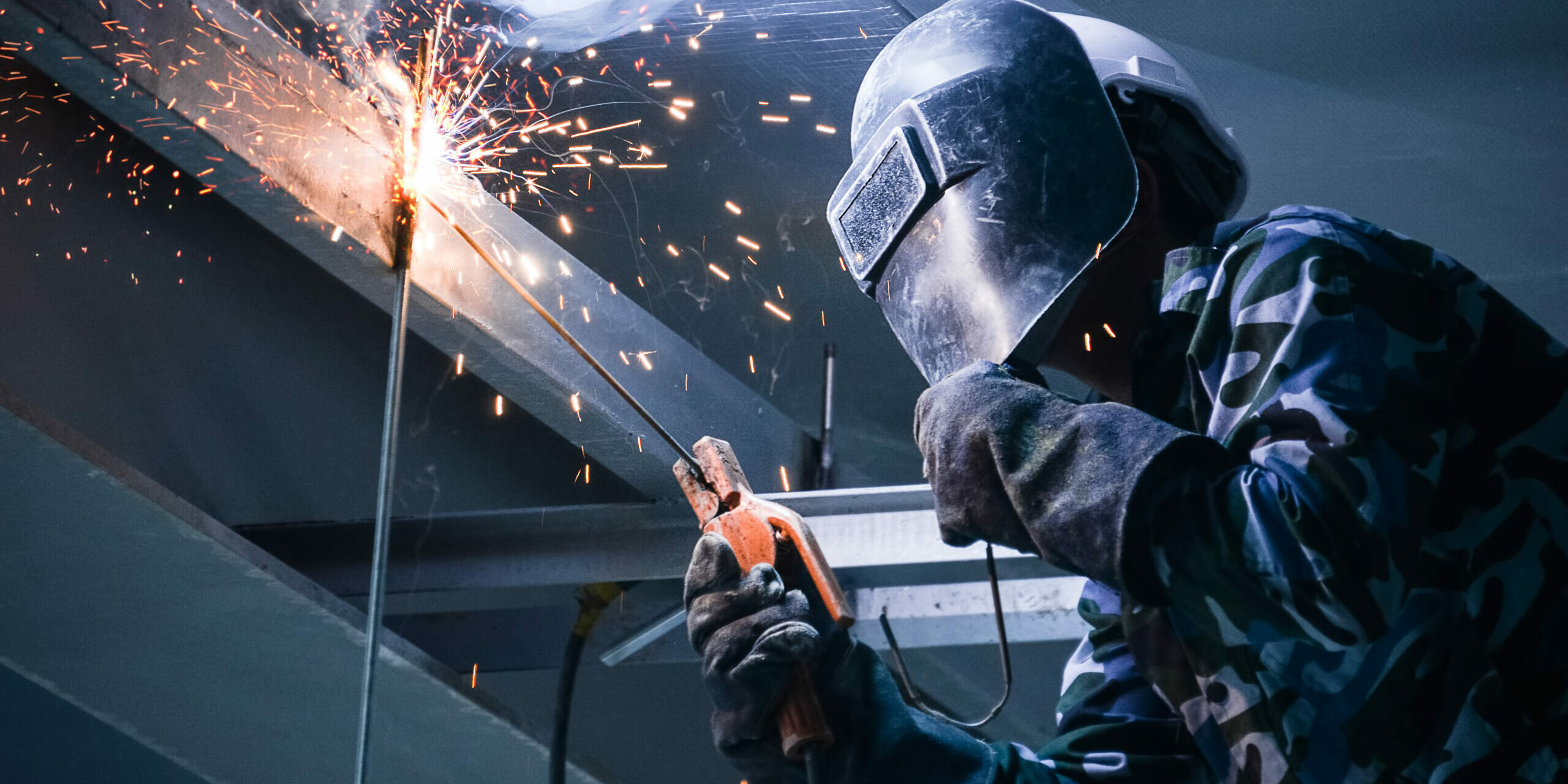Welding is an essential skill in various industries, from construction to manufacturing. If you are considering a career in welding or simply curious about the earning potential in this field, you have come to the right place. In this comprehensive guide, we will explore the factors that influence a welder’s salary, the average wages in different regions, the types of welding jobs available, and tips to maximize your welding income.
Factors Influencing Welder Salaries
Several factors contribute to the variation in welder salaries. Understanding these factors can help you determine your earning potential in the welding industry.
- Experience: Experienced welders tend to earn higher salaries than entry-level welders. As you gain more skills and expertise in different welding techniques, your earning potential increases.
- Location: Welding salaries can vary significantly by region. Urban areas with a high demand for skilled welders may offer higher wages than rural areas. Cost of living also plays a role in determining wages.
- Industry: The industry you work in can impact your salary. For example, welding jobs in the aerospace or oil and gas industries often pay more than positions in construction or manufacturing.
- Certifications: Holding relevant certifications, such as the American Welding Society (AWS), German Institute of Welding (DVS) among others, can lead to higher-paying opportunities. Welders with specialized certifications, like underwater welding, may command even higher salaries. Soldamatic offers several courses from relevant associations and experts in welding mentioned before.
- Union Membership: Some welders belong to labor unions, which can negotiate better wages and benefits on their behalf. Union membership can be a significant factor in determining your earnings.

Average Welder Salaries
Now, let’s take a look at the average wages for welders in the United States, broken down by experience level and industry.
- Entry-Level Welder: Entry-level welders with minimal experience can expect to earn an average annual salary of around $30,000 to $40,000.
- Mid-Career Welder: With a few years of experience, welders can earn an average salary ranging from $40,000 to $60,000 per year.
- Experienced Welder: Welders with extensive experience and expertise in specialized fields can earn well over $60,000 annually, and in some cases, even six-figure salaries.
Industry-Specific Salaries
According to U.S. Bureau of Labor Statistics, this is the range you can find regarding Industry-specific wages:
- Construction: Welders in the construction industry typically earn between $30,000 and $60,000 per year, depending on their experience.
- Manufacturing: Welders in manufacturing can expect salaries in the range of $35,000 to $70,000 annually.
- Aerospace and Defense: These industries tend to offer some of the highest wages, with experienced welders earning over $80,000 annually.
- Oil and Gas: Welders in the oil and gas sector can also command high salaries, with some earning over $90,000 per year.
- Automotive: The automotive industry offers a wide range of welding jobs, with salaries typically falling between $35,000 and $65,000 per year.
Seabery’s experience in the industrial sector, combined with the technological advancements of Soldamatic, has enabled the development of a specialized solution for the training of professional welders.
This solution is powered with augmented reality to simulate joints and working procedures, those encountered in actual production chains. With Soldamatic, you can bring your own joints to Augmented Reality, train your welders in Augmented Reality before moving on to the real joint.

Tips for Maximizing Your Welding Income
If you are looking to boost your welding income, consider the following strategies:
- Get Certified: Earning industry-recognized certifications can make you more attractive to employers and increase your earning potential.
- Diversify Your Skills: Learn different welding techniques and gain experience in various industries to broaden your job prospects.
- Continuing Education: Stay updated with the latest welding technologies and techniques through workshops and courses.
- Green technology: It is key to adapt your real workshop to the requirements of an increasingly demanding Industry 4.0 with the latest sustainable developments. For further information in this topic, have a look at this article.
- Networking: Building a strong professional network can lead to higher-paying job opportunities
Conclusion
Welding offers a promising career path with the potential for steady income growth. Welders’ salaries vary depending on factors like experience, location, industry, and certifications. By understanding these factors and following the tips provided, you can maximize your earning potential in the welding industry. Whether you are just starting your welding journey or looking to advance your career, the welding profession offers numerous opportunities for financial success.
As a conclusion, by using Soldamatic you can upskill trained professionals effectively and maximize the quality while reducing costs and risks. With Seabery’s technology, you will increase efficiency and maximize your performance!
